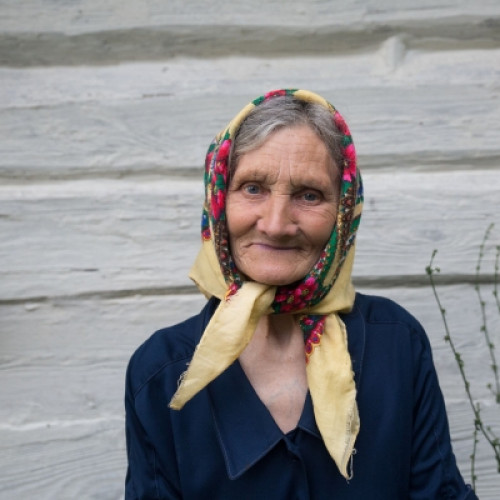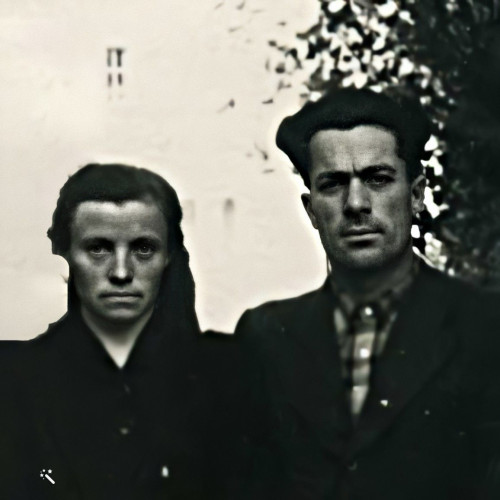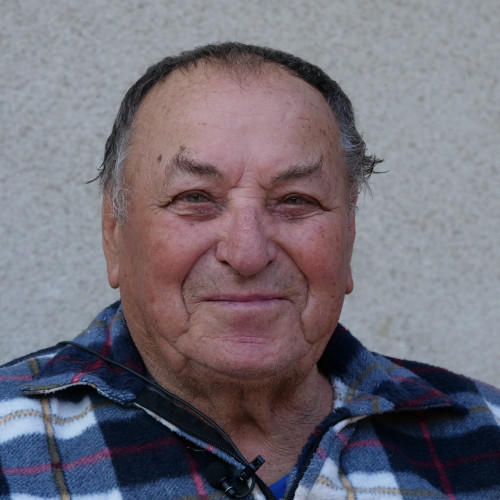Ołeksandra Wasiejko z d. Łukaszko (ur. 1946) - Instytut Pileckiego
Ołeksandra Wasiejko z d. Łukaszko (ur. 1946)
Awarded in 2019.

During the Volhynia Massacre in the summer of 1943. Over the next seventy years Oleksandra Vaseyko kept alive the memory of the victims, bringing flowers to their graves and keeping them in her prayers.
During the Volhynia Massacre in the summer of 1943, Ukrainian nationalists systematically attacked and murdered Poles living in the eastern provinces of the country. The majority of those killed were buried in mass graves, the locations of which remain unknown to date. Before 1939, Kalennyk Lukashko, Oleksandra’s father, was on very good terms with the Polish residents of neighboring villages. When during the War the Ukrainian Insurgent Army commenced its campaign of anti-Polish violence, he shunned from his fellow Ukrainians and provided aid to three Poles who had survived the massacre and hidden in a forest close by. Learning a few days later that they had been murdered, he buried them and pointed out their last resting place to Oleksandra, 6 years old at the time, marking the spot with crosses cut out in the bark of some nearby trees. Over the next seventy years Oleksandra Vaseyko kept alive the memory of the victims, bringing flowers to their graves and keeping them in her prayers. She also helped Polish archeologists uncover the mass burial sites of Poles murdered in Wola Ostrowiecka and Ostrówki.
fot. Znak Publishing
See also
- Jewhenia Bondaruk (1922–ok. 1995) Prokop Bondaruk (1918–2001)

awarded
Jewhenia Bondaruk (1922–ok. 1995) Prokop Bondaruk (1918–2001)
Yevhenia and Prokop Bondaruk lived near Yevhenia's mother, Oksana Karpiuk, and provided shelter not only to the youngest members of the Polish Adamowicz family, but also to their parents and grandmother.
- Antoni Nagórka (1901—1977)

awarded
Antoni Nagórka (1901—1977)
Antoni and Władysława Nagórka lived at the edge of the town. Before the war, Antoni worked for the railways, and Władysława was a housewife. During the war they saved five Jews from the Holocaust.
- Petro Hrudzewycz

awarded
Petro Hrudzewycz
(1939–2022)When local Soviet functionaries told him to remove the cross from the grave of soldiers of the Polish Army, he refused. However Petro was punished for his resistance, each year he attends the commemoration of the battle known as the Polish Thermopylae.


